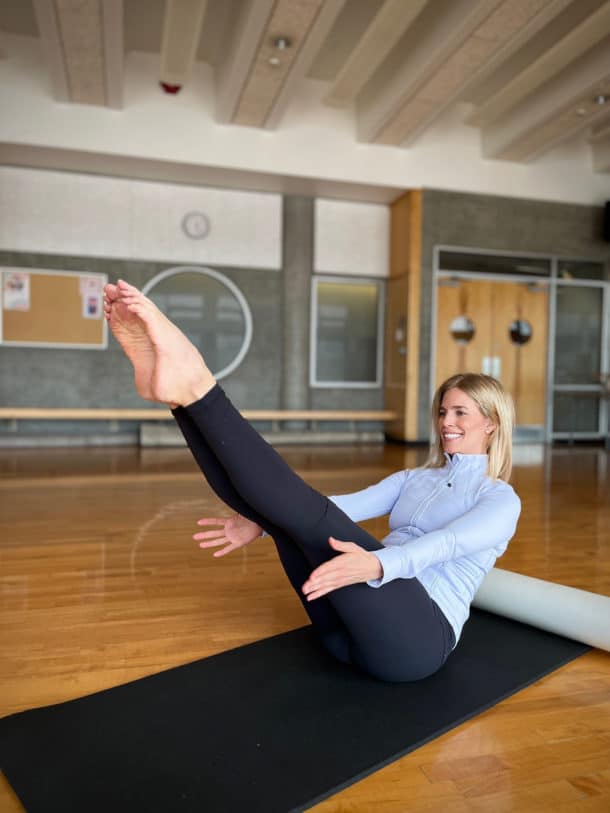Will you live to 150 years like you’re forever young.
I saw Rod Steward in concert recently. Prior to the concert, a fellow passenger on my flight warned me that he didn’t have the vocal stamina of his younger years and felt his concert wasn’t worth seeing.
Was the concert worth it? I didn’t have the good fortune of seeing him perform earlier in his life but If you’ve seen my clip from the concert, you can tell that I thoroughly enjoyed it. So yes, it was worth it.
With that said, the comment about his waning vocal stamina stuck with me as I watched his concert. He danced around the stage as many young performers do but what may have been different from his earlier concerts is that he really shared the stage with his musicians and backup singers.
Some may interpret that as a sign of age and/or weakness because it lessened the demand on him to carry the show. However, creating space for everyone on stage to shine created a unique synergy that added to the show.
Age Bias
What concerns me is that as a society we are holding on to outdated images, standards and ideals that perpetuate age bias. People can evolve to do something different that in some ways can be even better especially, if they’re surrounded by the right people.
The rocking seventy year olds like Rod Stewart are not the exception. If you haven’t seen some of the 40+ influencers on social media yet, take a few minutes to scroll for them. They are trying to break the age stereotypes by showing their fit bodies, fashionable looks and healthy lifestyle. Fifty looks to be the new thirty.
Many of you will probably think “they look good for their age” but it won’t change your perception of their age or aging. Chronological age signals diminished capacity and value.
Living to 150 and beyond
NFX published an article recently called The Race to 150. The premise of the article is that people living in the Blue Zones are able to live to 120 years of age now but with scientific insights they could have lived to 150.
When people outside of the Blue Zones start living to 150 years of age, it means scientists have likely developed technologies to cure and prevent disease and rejuvenate our bodies. It’s reportedly going to happen faster than most expect.
Beyond 150 years, the author Omri Drory, PhD argues humans could live indefinitely in good health with the following technologies:
1/ Replacement: The ability to replace tissues, organs and even full systems or bodies.
2/ Bioengineering: The use of tools including: gene therapy, reprogramming and programmable drugs to make continuous repairs needed to sustain health over time.
3/ Cryogenics or Biostasis: Preserving bodies and minds until the scientific developments needed for eternal life mature rather than disposing of them.
Extending lifespan creates new challenges
Advances in medicine surface new challenges that we haven’t even thought of yet. It became clear to me during a discussion years ago with clinical leaders about neonates surviving and living longer than expected due to the advances in care.
The extraordinary measures during pregnancy and at birth has helped many of them mature into adulthood and enabled them to live full lives. It’s a positive medical development. However, it also creates new demands on the healthcare systems to support their lifespan simply because their medical risk is higher than average.
Changing the lifespan of humans, not just a defined population like the neonates, requires fundamental changes in how we think about our health, work and life. To facilitate the shift in mindset, biological age should be given more consideration in society and the design of social systems.
Our societal norms currently don’t support the people that are likely going to live the longest because we simply don’t acknowledge biological age. Essential social systems to support population health and wellbeing from education, employment, retirement, housing and healthcare is designed according to chronological age.
One relatively easy way to extend your lifespan now
A comparative study called Life expectancy gains from dietary modifications: a comparative modeling study in 7 countries found that eating healthier is associated with a range of favorable health outcomes.
The study concluded that a sustained change from country-specific typical dietary patterns to longevity-optimized dietary changes, more feasible dietary changes or optimized vegan dietary changes are all projected to result in substantial life expectancy gains across ages and countries. The United States is expected to realize the largest gains.
The changes included more whole grains, legumes and nuts and less red/processed meats and sugars and sugar-sweetened beverages.
Things to see and do
The Body Exhibit at the Luxor in Las Vegas is a fun way to learn about each system of your body and how best to keep it healthy now. A resident scientist is available to answer your questions and at the end, you get to touch a real brain and stomach.
Join me for 2 workshops:
1/ The Healthy Habits Workshop that will help you develop new habits to extend your health span and lifespan. I’ve been sharing a four week Healthy Habit Challenge on my social channels as a primer for the fall workshop. It’s free and you can join now.
2/ The Achievable Plan workshop that will help you define success so that you live your life according to your values and achieve your goals. Vancouver registration is open now. More dates and locations will be added for the fall. Subscribe to Vitality Vibes to be in the know.




